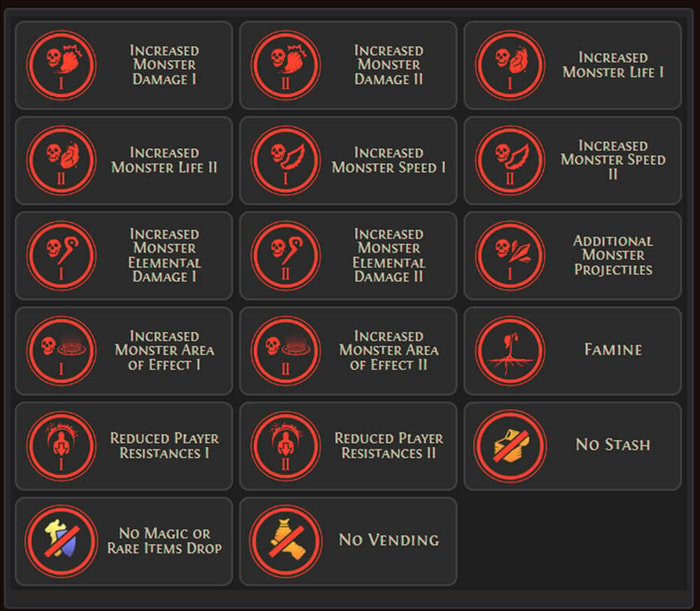Private leagues in Path of Exile 1 offer a unique challenge, often featuring modified mechanics that restrict trade, increase difficulty, or introduce special rules. While these leagues can be rewarding, farming currency efficiently requires a strategic approach. This guide will cover the best methods to maximize currency generation in a private league setting.

1. Understanding Private League Economy
Unlike standard trade leagues, private leagues often have limited player interaction, meaning that traditional trading methods may not be viable. Instead, players must rely on self-sufficiency, crafting, and efficient farming strategies.
Key Differences from Trade League
● Limited Trading: Fewer players mean less market activity.
● Self-Sustained Crafting: You must craft your own gear more often.
● Focused Farming: Targeted farming strategies become essential.
2. Best Currency Farming Strategies
A. Mapping Efficiency
Running maps efficiently is the backbone of currency farming. Here’s how to optimize your map runs:
● Select High-Yield Maps: Favor maps with strong loot potential (e.g., Burial Chambers, Canyon, Strand).
● Use Scarabs & Sextants: If available, use Scarabs to boost rewards and Sextants to enhance map modifiers.
● Prioritize High-Pack Density Maps: More monsters = more loot.
B. League Mechanics for Currency
Certain league mechanics provide high returns in private leagues:
● Ritual Farming: Ritual encounters offer consistent currency rewards and valuable item rerolls.
● Delirium Orbs: Applying Delirium Orbs to maps increases loot drops significantly.
● Expedition & Heist: These mechanics provide raw currency, making them excellent choices for private leagues.
C. Boss Farming
Boss farming can be lucrative, especially if you target high-value uniques:
● Elder & Shaper: These bosses drop valuable fragments and uniques.
● Uber Bosses: If your build can handle them, Uber bosses provide endgame currency rewards.
3. Crafting for Profit
Since trading is limited, crafting becomes a primary source of wealth in private leagues.
A. Fossil Crafting
● Target Meta Items: Use fossils to craft high-demand items like weapons and jewelry.
● Sell Crafted Items: Even in private leagues, players may trade crafted items for currency.
B. Essence Crafting
● Use Essences Wisely: Essences allow targeted crafting, making them valuable for self-sustained gear progression.
C. Fractured & Influenced Items
● Fractured Items: These allow powerful crafting options that can yield high-value gear.
● Influenced Items: Certain influenced mods are highly sought after for endgame builds.
4. Efficient Loot Management
A. Loot Filters
● Using a custom loot filter ensures you only pick up valuable items, reducing wasted time.
B. Vendor Recipes
Certain vendor recipes provide easy currency, such as:
● Chaos Recipe: Selling a full set of rare items (60+ item level) grants Chaos Orbs.
● Regal Recipe: Selling identified rare items of specific item levels yields Regal Orbs.
5. Group Play & Economy
If your private league allows group play, consider forming farming parties:
● Dedicated Carry & Support Roles: One player focuses on damage, while others provide auras and loot bonuses.
● Split Farming: Divide farming tasks among players to maximize efficiency.
Conclusion
Farming currency in a Path of Exile 1 Private League requires adaptation and efficiency. You can maximize your currency gains even in a restricted economy by focusing on mapping, league mechanics, crafting, and loot management.



